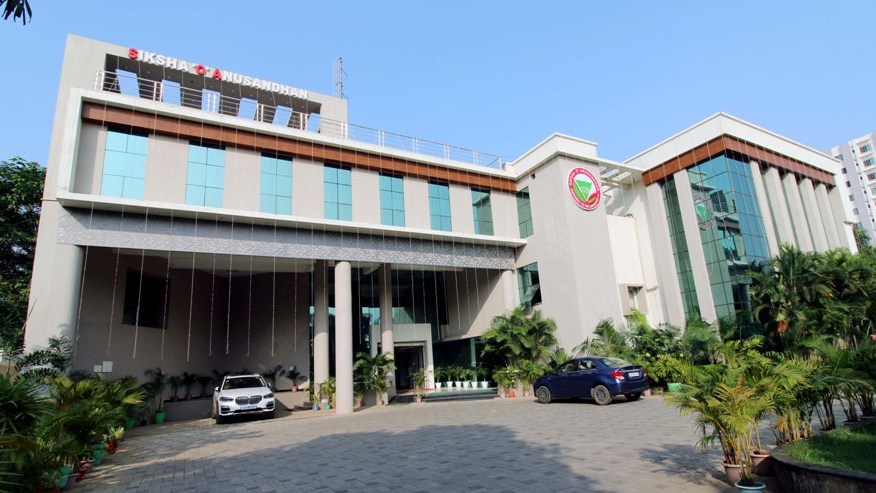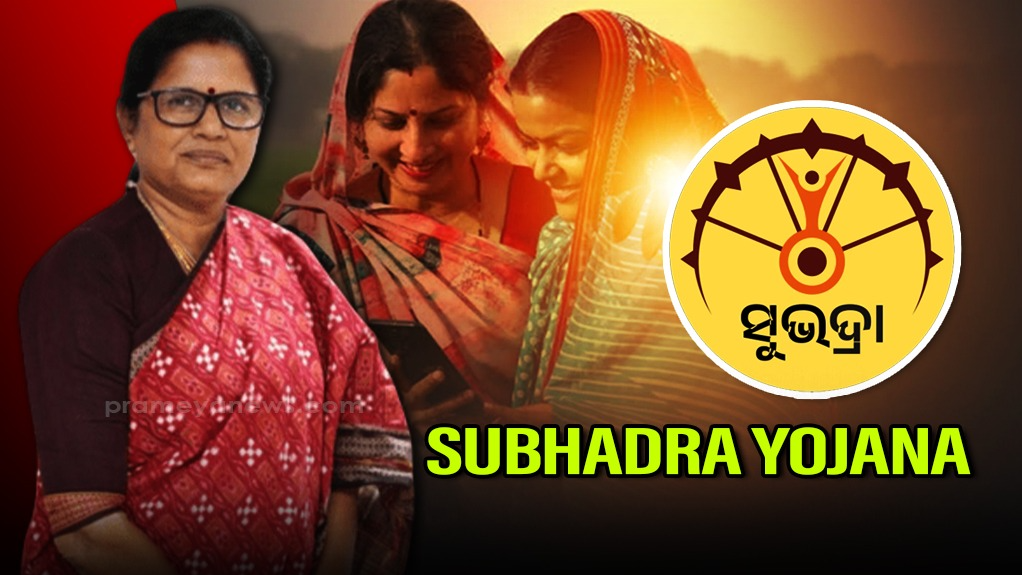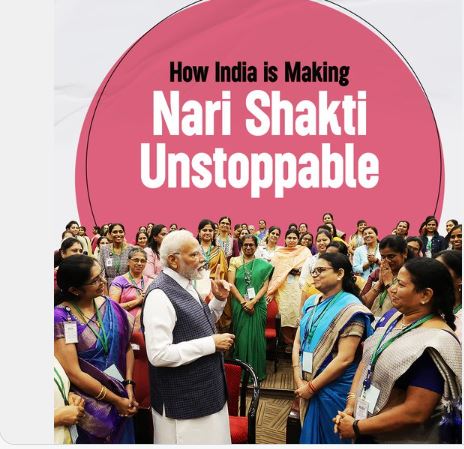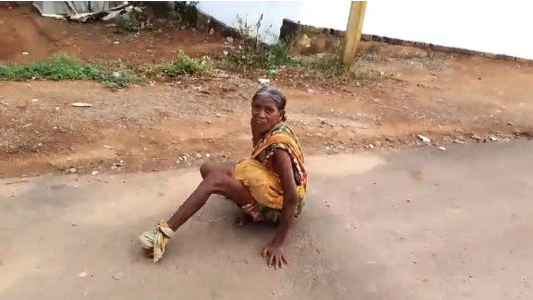Three-year report card of abrogation of Article 370 –perceptions are changing in J&K
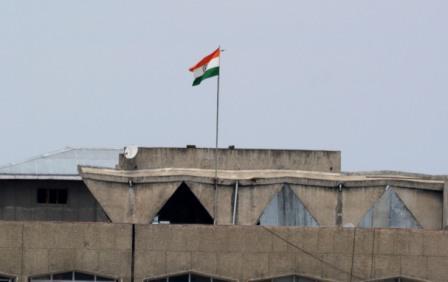
Arun Joshi The third anniversary of the abrogation of Article 370 on August 5 calls for a realistic assessment of all what has happened during this period, and also what prospects it holds for the future of Jammu and Kashmir , once the special status state , now reduced to a Union Territory . This assessment needs to be made from the people’s perspective because the two sides across the fence – the government and the Kashmir-centric opposition parties – have their extreme positions, one claiming that all the wrongs have been corrected , the other alleging that darkness abounds all around . In realistic terms , the report card is not as clear as it should have been – Covid-19 waves and the restrictions that came with the epidemic to control the public health menace consumed time and slowed down the pace of the development , envisaged at the time of the crucial decisions, ne nevertheless things have started moving in the direction in which J&K is perceived differently than what it was prior to August 5, 2019 . The change is in the perceptions , and that is what is crucial or the country at large, and the people of J&K, in particular. This fact can be appreciated only against the backdrop of how Kashmir was seen by the world as nuclear flashpoint , a ticking bomb in South Asia, explosion of which had the potential to rock the world . It is not a battleground , neither physically nor psychologically . Now it is firmly in the Indian union like all other states and union territories in the country . It is but natural for the government to praise its achievement of having done away with the special status of J&K and dividing it into the two union territories – J&K , and Ladakh - as part of its political commitment to integrate J&K completely into the national mainstream .In a way the August 5, 2019 , rewrote the history of J&K when placed in the context of 1947 and the international attention spotlighted on it for decades as an issue which needed to be resolved . Its claim is validated by the fact that though Jammu and Kashmir had acceded to India in October 1947 more than two months after India gained Independence from the British rule on August 15 that year, the seeds of conflict sown by Pakistan sponsored tribesmen’ s invasion of the state continued to haunt the Indian nation. Pakistan took full advantage of the two things : one , the territory it occupied after the invasion , second, the narration of Kashmir dispute came to it as a God send opportunity due to the cardinal mistake of India’s first Prime Minister Jawaharlal Nehru who took the matter to the United Nations without realising the long-term consequences of his most undiplomatic and unthoughtful action . Pakistani narration , combined with the disaffected sections in Kashmir , made the things worse for the country . The inclusion of Article 370 into the Indian constitution further complicated the matters . J&K had acceded to India , but not merged . This became a major issue, Delhi had no convincing answers . On August 5 2019 , when the Narendra Modi government effected the changes, several objectives were achieved . First, , it took away the narration of the dispute from the dictionary of J&K in relation to Pakistan’s outbursts against India vis-à-vis Kashmir – not only the international dimension was rejected once and for all, it also changed the nature of the issue- it centered now on vacation of the territories of the erstwhile princely state under illegal occupation of Pakistan . India, with one stroke, had put Pakistan on backfoot on Kashmir . The context changed – Pakistan was made to cry over the loss of the special status of J&K within the Indian union status , instead of raking up the issue about Kashmir on the Indian side of the Line of Control where it had launched proxy war since 1989. Secondly, it changed the course of the struggle in Kashmir ; Delhi no longer had to contend with the political dimensions of the Kashmir issue . There was daily firefighting on the issue, both internally and externally . Within the nation , there was a paradox – how to justify the concessions being made to J&K- liberal economic aid and at the same time bearing the brunt of terrorism which had a strong component of local presence and support , as politically there was a constitutional section to one state -two systems under Article 370 . There were attempts to do so by bringing the anti-India elements , having full support of Pakistan, to the table for talks as that was thought as best antidote to the international pressure , especially from the West , including the United States of America, to resolve the issue as per aspirations of the people of Kashmir and that , tool, through dialogue with Pakistan . There also were suggestions to hold trilateral talks . Interlocutors were appointed , and all that resulted in voluminous reports or essays with all sound and fury signifying nothing. Third, and the most important part of these decisions was to use the funds for the territory for raising infrastructure , people- friendly development not only in terms of raising structures of brick and mortars but also by advancing the themes and optics of the human development . More than 10 million tourists visited J&K in era of assured certainty and peace in the Valley where no harm could come to them is not just a success story in economic statistics and profits accrued because of the tourism , but also in uplifting the morale of the people and confidence in themselves , “ we can do it.” They wanted peace , and that’s what was brought about . Shutdowns and stone pelting incidents became , as proclaimed by Lieutenant Governor Manoj Sinha, a history of the past . That is there, but now the people need their democracy back in full throttle . The Assembly elections are still awaited , and that’s where the Kashmir-centric political parties are using the narrative that the democracy has been undermined . And the prolonged bureaucratic rule does more harm than good to the psyche of the people. This is where Delhi needs to do more in opening doors for more voices to speak and make democratic noises . That is a national imperative if the success of the August 5 decisions has to be counted in the real terms . People have more than economic aspirations. About the Author: Arun Joshi is a senior journalist based in J&K. He has worked with Hindustan Times, Times of India, Indian Express, and The Tribune. He has authored “ Eyewitness Kashmir: Teetering on Nuclear War” and three other books. DISCLAIMER This is the personal opinion of the author. The views expressed in this write-up have nothing to do with those of prameyanews.com.
Latest News
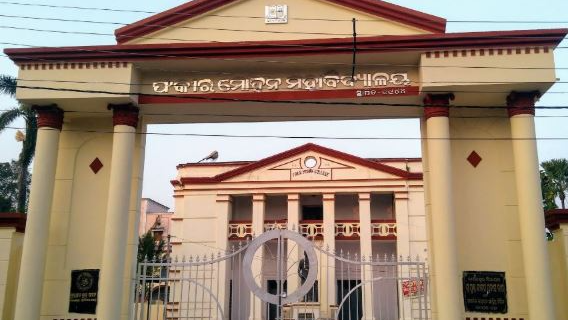
Odisha govt launches high-level investigation...
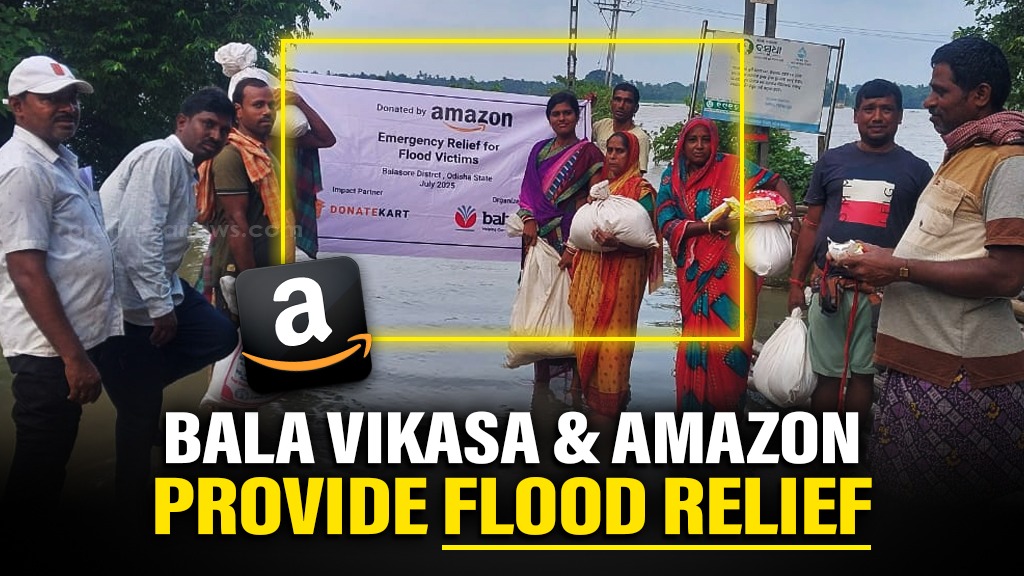
Odisha: Bala Vikasa & Amazon provide essential...

Iga Swiatek Blanks Opponent 6-0, 6-0 to Win Ma...
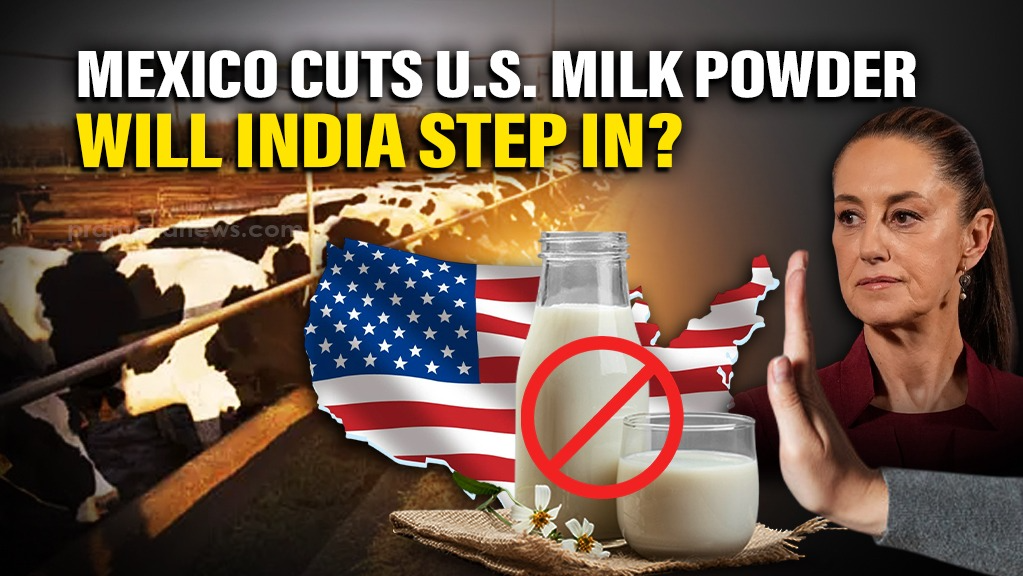
Mexico's Plan to Cut U.S. Milk Powder Imports...
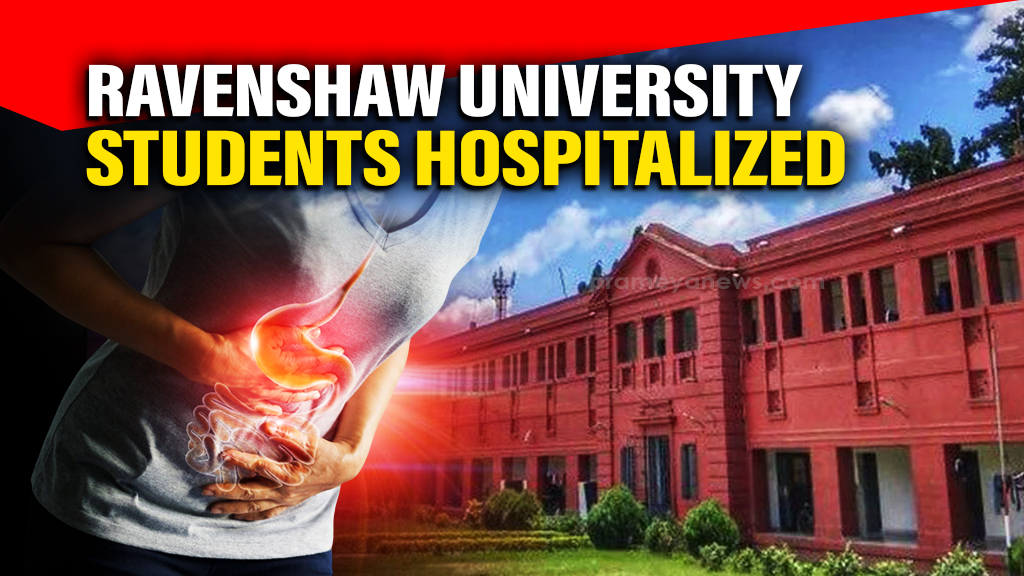
Odisha: Over 40 Ravenshaw University students...

Odisha: Web journalist brutally hacked to deat...
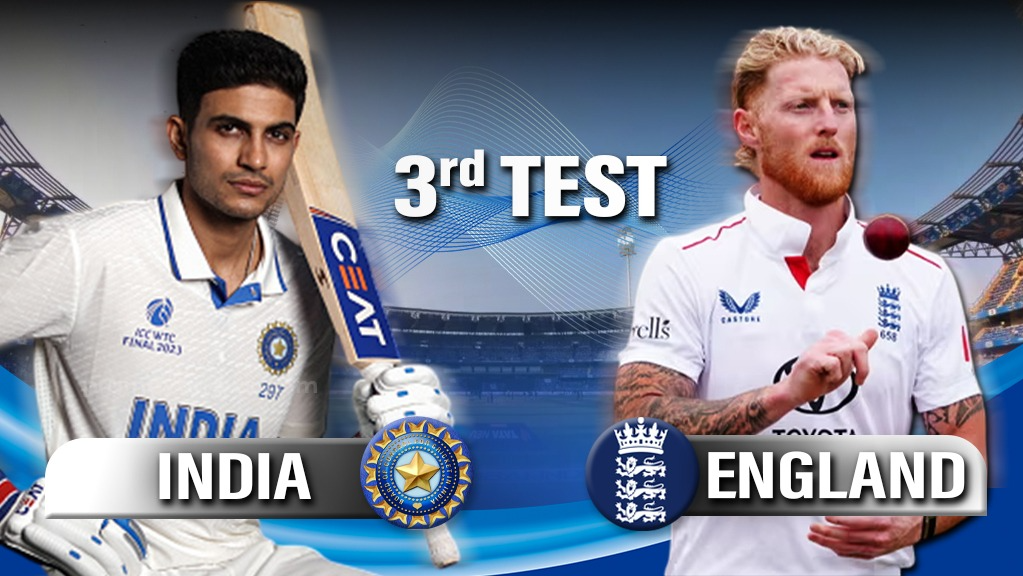
Rahul's Century Anchors India as Lord's Test H...
Copyright © 2024 - Summa Real Media Private Limited. All Rights Reserved.









